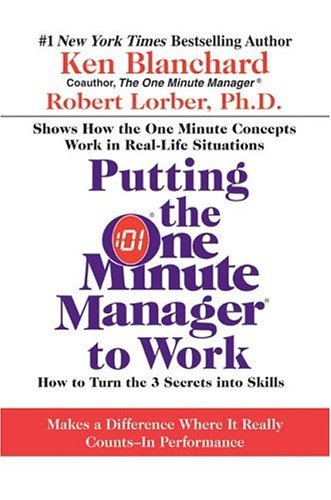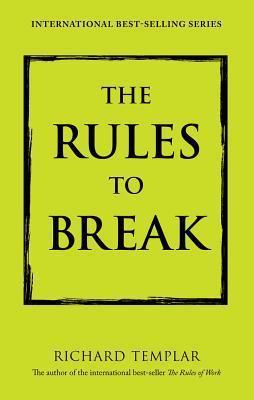
The Rules Of Work: The Unspoken Truth About Getting Ahead In Business
Book Description
In a world where success often feels like a tangled web of unspoken rules and hidden agendas, mastering the art of workplace navigation becomes crucial. Richard Templar unveils the enigmatic strategies that separate the thriving from the merely surviving, shedding light on the subtle dynamics that influence power and relationships. Each page reveals vital insights into communication, influence, and ambition, offering a roadmap for those daring to climb the corporate ladder. Are you ready to challenge the status quo and discover the secrets that can propel you to unprecedented heights?
Quick Book Summary
"The Rules Of Work" by Richard Templar is a pragmatic guide to mastering the subtleties of professional environments. Drawing from years of experience and observation, Templar reveals the unwritten codes and practices that distinguish high achievers from average employees. The book breaks down these rules into actionable insights on communication, attitude, influence, and self-presentation, providing readers with the tools to navigate office politics and build a path to career advancement. Templar emphasizes that while formal skills and hard work matter, understanding the hidden dynamics of workplace behavior can give individuals a distinct edge. With its accessible and candid advice, the book equips readers to identify opportunities, avoid common pitfalls, and assert themselves more effectively in any organizational setting.
Summary of Key Ideas
Table of Contents
Mastering Office Dynamics and Unwritten Rules
Templar opens The Rules Of Work by arguing that success in business is less about official policies and more about understanding the hidden rules that govern workplace behavior. These unwritten codes—ranging from how people are promoted to what behavior is truly rewarded—can determine who thrives and who stagnates. Templar urges readers to observe carefully, pay attention to cause and effect within their organizations, and master the nuances of office politics while remaining ethical. Recognizing and aligning with company culture, understanding social norms, and reading between the lines are central to mastering office dynamics.
Strategic Self-Presentation and Image
Self-presentation is highlighted as a key factor differentiating exceptional professionals. Templar discusses the importance of dressing appropriately for your environment and being known for both reliability and discretion. The book emphasizes that perceptions matter: projecting confidence, professionalism, and a positive attitude shapes how others view your competence and potential. Templar also warns against aligning with negative or gossip-prone colleagues, suggesting readers should maintain their integrity and always appear composed and unruffled, regardless of workplace turbulence.
Effective Communication and Relationship Building
Communication is another core component addressed in the book. Templar provides strategies for becoming an effective and influential communicator, including active listening, choosing the right words, and recognizing the impact of nonverbal cues. Building harmonious relationships, addressing conflicts diplomatically, and providing feedback constructively are vital for cultivating a strong professional network. Successful professionals, Templar contends, tailor their communication to different audiences—including superiors, peers, and subordinates—and prioritize clarity and empathy.
Influence, Politics, and Navigating Power Structures
Navigating power structures and office politics is unavoidable in most organizations. Templar demystifies workplace politics by advocating for subtle influence rather than pushy self-promotion or manipulation. He stresses the importance of being politically aware—understanding who holds real power, forming alliances, and managing your reputation with care. Rather than backstabbing or maneuvering, Templar suggests building trust, being visible for your achievements, and subtly communicating your value to decision-makers. Knowing when to speak out and when to hold back is a hallmark of those who climb the corporate ladder gracefully.
Continuous Self-Improvement and Adaptability
The book concludes by emphasizing continual self-improvement and adaptability as essential traits for lasting success. Templar encourages readers to seek feedback, learn from setbacks, and remain curious about organizational changes and industry trends. Flexibility enables professionals to pivot when rules shift or new opportunities arise. By consistently refining their skills, attitudes, and awareness, readers can not only survive but excel in any workplace environment. Templar's pragmatic advice empowers individuals to take charge of their own advancement and sustain high performance over the long term.
Download This Summary
Get a free PDF of this summary instantly — no email required.





